Bernardo Silva Calls for New Leaders at Manchester City: A Turning Point for the Club?
Manchester City’s dominance in English and European football over the past decade has been built on a foundation of tactical innovation, squad depth, and leadership both on and off the pitch. Yet in recent comments, Bernardo Silva, one of the club’s most technically gifted and consistent performers, has suggested that it may be time for City to seek new leaders in every department. The statement, made after a challenging spell of fixtures, has ignited discussion among fans, pundits, and insiders about the club’s current direction, the state of its dressing room, and the broader need for renewal as cycles of success evolve.
The Context Behind Silva’s Words
Bernardo Silva is not known for sensationalism. The Portuguese midfielder tends to choose his words carefully, often prioritizing team unity over controversy. That makes his remarks all the more significant. His suggestion that “it’s time the club have new leaders in every department” signals more than just a passing comment—it reflects a recognition that Manchester City’s golden era, while ongoing, may be reaching a crucial point of transition.
City have enjoyed unprecedented success under Pep Guardiola, winning multiple Premier League titles, domestic cups, and culminating in the long-sought Champions League triumph. However, sustaining dominance at the highest level requires more than just talent; it demands constant reinvention. Silva’s words highlight the natural evolution that every top club must undergo—refreshing leadership structures on the pitch, in the technical staff, and perhaps even at the executive level.
Leadership on the Pitch
On the field, Manchester City have traditionally been blessed with strong leaders. Vincent Kompany, the legendary captain, set the standard with his commanding presence and ability to rise to big occasions. After his departure, Fernandinho stepped into the role, anchoring the midfield and embodying discipline and resilience. In recent years, Ilkay Gündogan filled that void with calm authority, scoring crucial goals and lifting trophies as captain before his move to Barcelona.
With each leader’s departure, however, a void has been left. Today, while City boast immense quality, they lack a single dominant figure who commands the dressing room in the same way. Kevin De Bruyne, while inspirational through performance, is not the most vocal leader. Erling Haaland leads by example with goals but is still relatively new. Silva himself, along with Kyle Walker and Rodri, play leadership roles in different ways, but none carry the aura of Kompany or Fernandinho.
Silva’s call could therefore be interpreted as an acknowledgement that City must nurture or recruit fresh voices who can inspire, rally, and guide a team that, despite its brilliance, occasionally shows signs of vulnerability.
The Coaching Staff and Tactical Direction
When Silva refers to “every department,” it is hard not to consider the coaching staff as well. Guardiola has been the architect of City’s footballing empire, but even the greatest managers eventually face the challenge of sustaining motivation and innovation. Pep has already spoken in the past about the natural lifespan of his projects, often suggesting that players and teams require new stimuli after several years.
Bernardo’s comment could be a subtle way of emphasizing the need for fresh tactical ideas, new assistants in Guardiola’s coaching team, or simply an injection of different voices to avoid complacency. While Guardiola remains unmatched in terms of tactical evolution, refreshing the coaching staff can sometimes re-energize a squad that has already achieved nearly everything.
Club Management and Boardroom Leadership
Leadership at Manchester City is not confined to the pitch. The club’s executive structure, led by CEO Ferran Soriano and sporting director Txiki Begiristain, has been crucial in shaping the modern City. Their ability to identify talent, negotiate transfers, and manage contracts has kept the team at the top. Yet even here, Silva’s words may resonate.
Manchester City, like any global football powerhouse, must prepare for future challenges: new regulations, financial scrutiny, and a rapidly shifting football landscape. Fresh leadership in certain departments—whether in scouting, youth development, or global operations—may be necessary to keep pace with rivals and adapt to the ever-changing game.
Why Now? The Timing of Silva’s Statement
Timing is everything in football. Silva’s statement comes at a period where City are experiencing both highs and challenges. They remain competitive on all fronts, but fatigue, squad injuries, and the psychological toll of constant winning are undeniable. This is a team that has achieved almost everything under Guardiola. The hunger must be reignited, and often, that requires new voices and new leaders.
Moreover, with players like Gündogan and Riyad Mahrez already gone, and questions around the long-term future of De Bruyne and Silva himself, the leadership core is thinner than before. City may be on the verge of a new cycle, where the next generation of players will need figures to guide them through transitions.
The Risk of Complacency
One of the greatest threats to successful teams is complacency. After achieving so much, it is natural for intensity to drop or for players to subconsciously lose some edge. Silva’s remarks appear to be a warning against that very danger. By calling for leaders in “every department,” he highlights the importance of innovation not just in footballing terms but organizationally. Complacency in scouting, medical staff, coaching, or even marketing can ripple through the club. Renewed leadership ensures that standards remain high everywhere.
Who Could Step Up?
Within the squad, certain players stand out as potential new leaders. Rodri, who has grown into arguably the most important midfielder in world football, combines tactical intelligence with composure. Rúben Dias already shows vocal leadership at the back, reminiscent of Kompany in his early years. Phil Foden, the local hero, might gradually assume a symbolic leadership role, carrying the identity of Manchester within the squad.
Externally, City may look to recruit players with natural leadership traits—players who have captained other sides and can bring experience into the dressing room. Similarly, Guardiola may shuffle his backroom staff, bringing in fresh tactical minds or motivational figures to renew the energy of the squad.
Fan and Media Reaction
Fans have received Silva’s statement with mixed feelings. Some view it as an honest and necessary wake-up call, proof that even during dominance, there is an awareness of future challenges. Others see it as risky, potentially fueling speculation about unrest in the squad or doubts about Guardiola’s long-term project.
The media, unsurprisingly, have pounced on the comments, framing them as a sign of cracks appearing at City. But in truth, Silva’s words may simply reflect a mature recognition of football’s cyclical nature—success cannot last forever without proactive change.
Conclusion: A New Chapter for City?
Bernardo Silva’s call for new leaders across departments should not be dismissed as a casual remark. It represents the voice of an experienced player who has seen cycles of leadership evolve and understands the importance of renewal. For Manchester City, this could be the beginning of a new chapter, one that demands the emergence of fresh figures capable of maintaining the high standards set in recent years.
City’s future remains bright, but Silva’s words serve as both a warning and a blueprint: to stay at the top, evolution is not optional—it is essential. Leadership, in all its forms, must be cultivated, refreshed, and reimagined. Whether on the pitch, in the dugout, or in the boardroom, the next generation of leaders will decide if City’s dynasty continues to flourish or gradually fades.
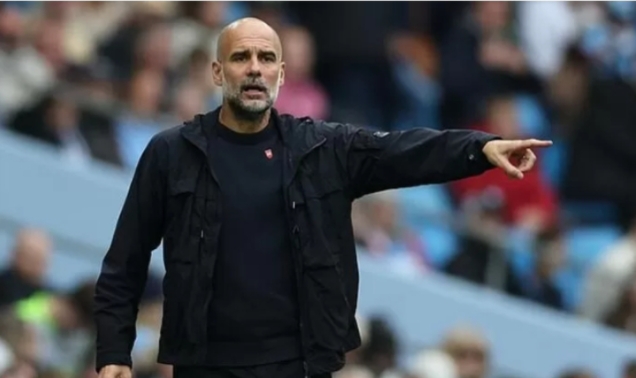
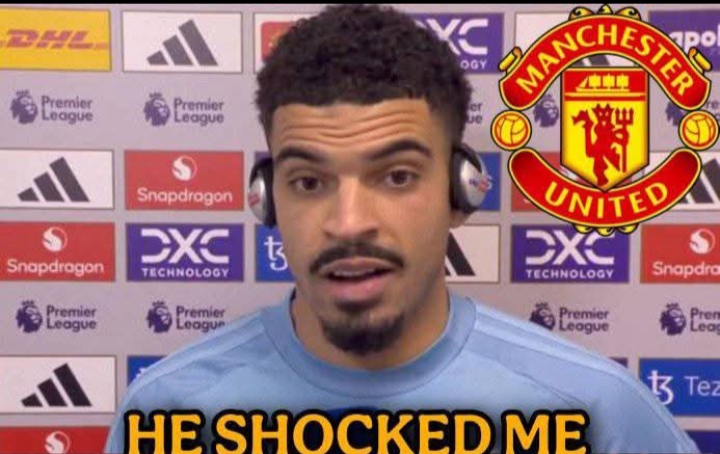
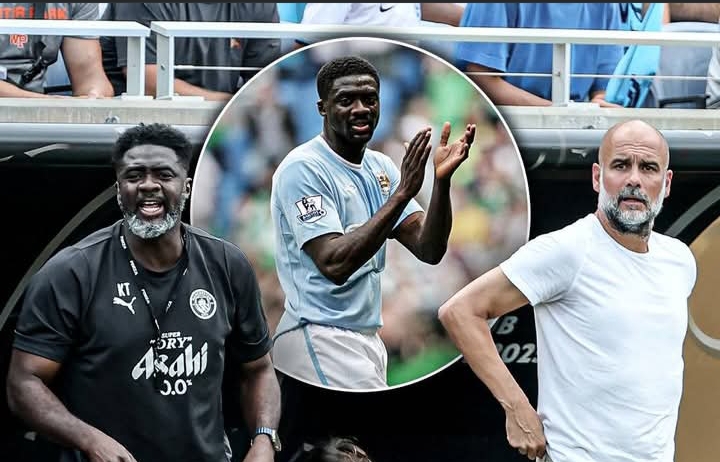
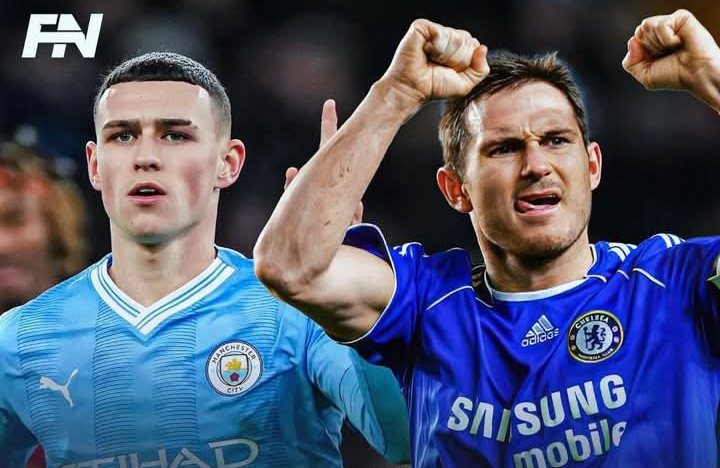
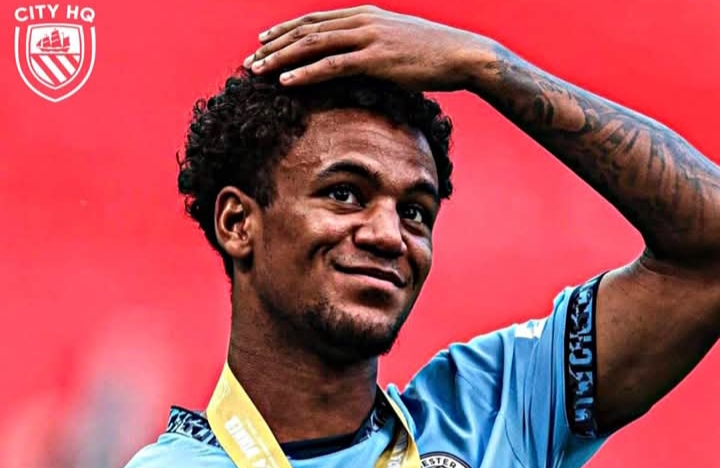
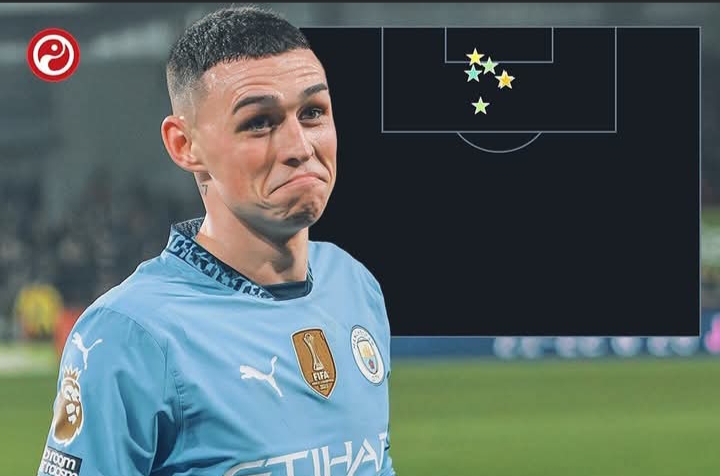
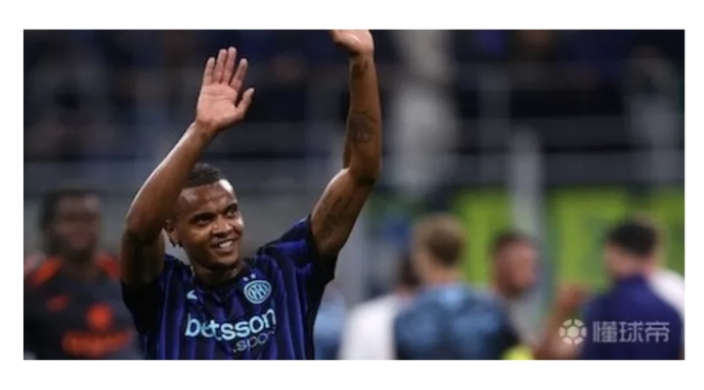
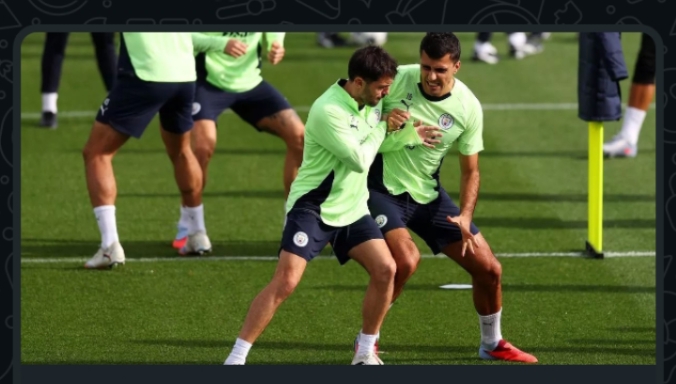
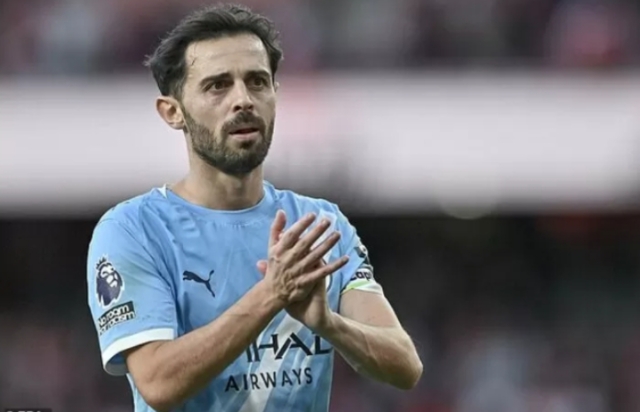

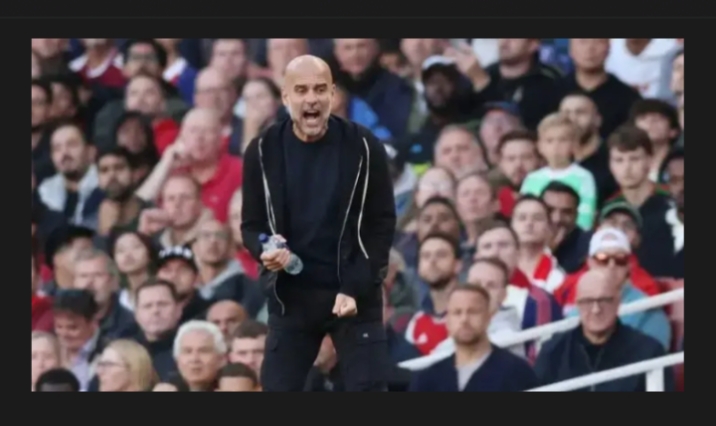




Leave a Reply